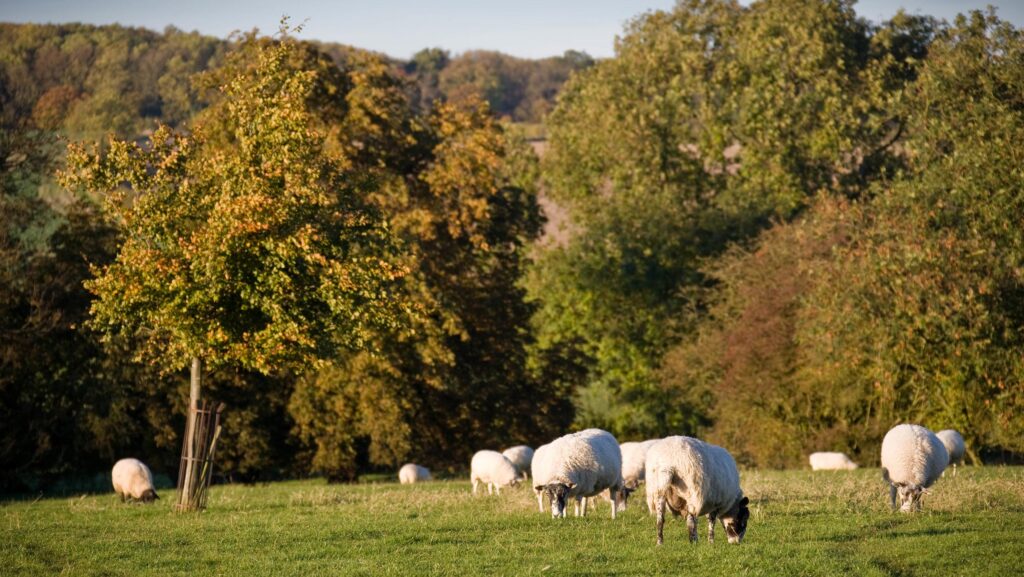Bluetongue reaches Wales as cases increase steadily
 © Tim Scrivener
© Tim Scrivener Farmers in Wales are being urged to get their livestock vaccinated against bluetongue as soon as possible and remain vigilant as two cases of BTV-3 have been confirmed.
The cases are close to the English border – one near Chepstow in Monmouthshire and another in Presteigne in Powys.
This takes the number of BTV-3 cases for the current vector season to 80, including 78 in England.
See also: Bluetongue cases rise sharply, despite drop in temperature
The Welsh government says it has been working hard to keep bluetongue out of Wales, marking nearly a year since the last confirmed case, and is keeping the current policy under review.
“We urge livestock keepers to continue to be vigilant, follow stringent biosecurity measures and to practice safe sourcing of livestock,” said a Welsh government spokesman.
“Equally, we encourage livestock keepers to talk with their vet about bluetongue, including vaccination, and to report suspect cases to Apha [Animal and Plant Health Agency].”
No surprise
The emergence of BTV-3 on Welsh farms was of little surprise to the industry, with farming leaders saying it was inevitable.
NFU Cymru deputy president Abi Reader said: “The news is a concern to livestock keepers, but not surprising given the number of cases reported across the border in recent weeks.”
Ms Reader added that farmers should consider vaccinating their livestock and speak to their vet to decide if it is right for them.
Veterinary consultant Dr Sara Pedersen added: “It was always a case of when and not if we saw our first cases this side of the border.
“While we wait for more details on these cases, it’s important to stress that while the weather is cooler, infection can still be spread by those midges that are already carrying the virus.”
A single BTV zone
To protect farming businesses, National Sheep Association chief executive Phil Stocker said he would rather see Wales “join the existing RZ in England” then set up individual protection zones and restriction zones around each outbreak.
“We have to consider the livestock industry as a whole and not just individual businesses,” he said, adding that there is a high level of confidence in the effectiveness of available vaccines.
A spokesperson for the Association of Independent Meat Suppliers agreed that “a single BTV zone for all of England and Wales would now seem to be the optimum solution for all involved in sheep production and processing”.
